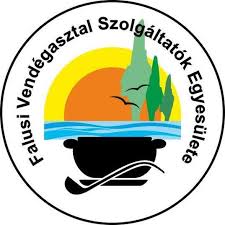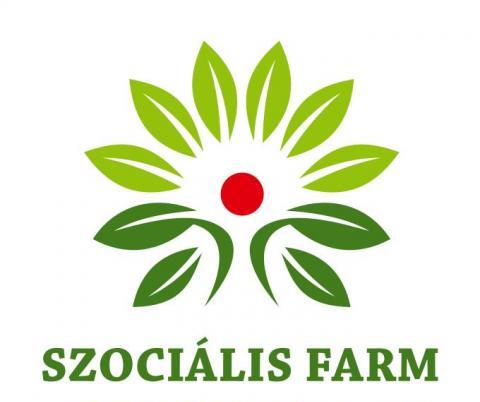
November 11-12, 2019 – Budapest Kick-off Meeting
Rural Facilitator Training in Agricultural Short Food Supply Chains (RURALF)
Project Number: 2019-1-CZ01-KA202-061270
Project type: Erasmus+
KA202 Strategic Partnerships for vocational education and training (Innovation)
Project duration: 24 months
PARTNERS:
Czech University of Life Sciences Prague – coordinator (Czech Republic)
Fundatia Centrul Educational Spektrum (Romania)
Trebag Szellemi Tulajdon- és Projektmenedzser Kft. (Hungary)
Kislépték Egyesület (Hungary)
Savoir-Faire & Co (France)
STOWARZYsZENIE ARID (Poland)
RELEVANCE:
The concept of short food supply chains (SFSC) has been part of our everyday lives since 2010, whit the beginning of a new concept change and renewal in rural development and market organization.
There are more than 290 small producer markets and around 20.000 registered small producers in Hungary. Besides markets, there are more alternative marketing channels like restaurants, organic shops and online shops. There is already a significant market potential across Europe for SFSC logistics centers, called also Food Hub´s, that supplies food for cooperative shopping centers, hotels, hospitals and schools.
However, researches in recent years as well as surveys of producers and consumers have highlighted the problem that small producers have difficulties separately, so they need to work together to gain market access. In countries with traditions in SFSC, intermediate players have taken over some of these activities from producers. These are supply chain organizers, market organizers, animators, advisors who understand market and agricultural processes thus helping farmers to gain market access.
In Hungary, a special support opportunity for SFSC co-operations was published in the Rural Development Program of 2014-2020. During the planning of the rural development program, the experts agreed that it was necessary to start a special SFSC organizer training and to develop special eligibility conditions, as well as the training of SFSC advisers, however, these development and support directions were missed during the implementation of the rural development program. SFSC organizations / cooperations are created by the producers, but they will not be able to acquire the necessary skills for their operation within an organized framework.
TARGET GROUP:
Organizers / animators potentially involved: resuming intellectual women; Employees of LEADER organizations; already existing market organizers; rural development NGO; restaurant suppliers; rural tourism organizers/providers, producers.
THE OBJECTIVE OF THE PROJECT:
To map problems and existing practices in the field, to survey on the required competences of the potential facilitators. Based on the mapped hiatus and the targeted competences, the project will build up a training material, a curriculum and will conduct pilot test phases. The project will compile and use all those knowledge bases and competences of partners which can be channelled into this specific field and exploit them by ways of adapting them to the material as well as passing on capacity building knowledge in the form of a joint staff event.
ACTIVITIES IN THE PROJECT AND CORRESPONDING IOS
1.The essence of the project is to assess the current real demand for competencies to be acquired (competence needs research in partnership) (questionnaire survey and joint workshop): e.g. organizational skills, legislation, food safety, processing, marketing, logistics, communication (IO1- SOTA and Competence catalogue)
2.Subsequently, the project partners will find out what rural development and business conditions are needed for these qualified specialists to be employed and earn their wages on a market basis (IO2-BUSINESS ROADMAP PREPARATION).
3.Depending on local needs and capabilities, project partners prepare a joint handbook by integrating the adaptable points of the already existing knowledge basis (e.g.French example.) (IO3-HANDBOOK)
4.Channelling their knowledge from similar fields into our training, the French partner performs a Joint Staff Training (training of trainers). (Part of IO3)
5.Based on the manual, pilot trainings will be implemented involving trainers who gained knowledge through the joint staff training. A curriculum and supplementing training tools will be elaborated (IO4- Curriculum and course)
6.Multiplier events are foreseen to spread the results of the project in each country towards the end of the project. (Part of IO4)















